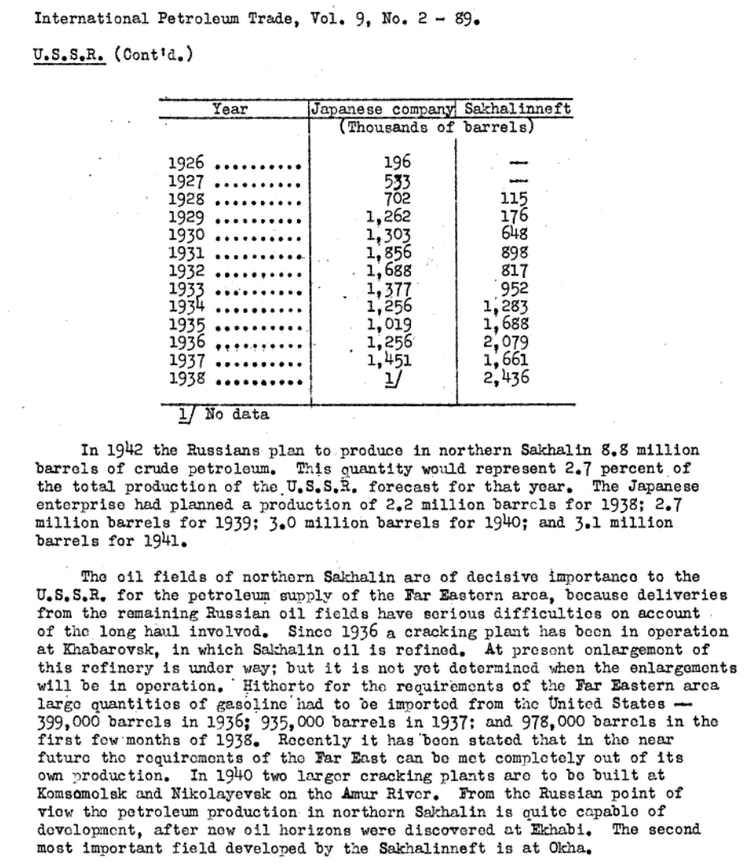There is a good chance that if the USN and IJN met in open sea in this period it could go pear shaped for either side, as Midway showed. If the US was trying to 'relieve' the Philippines my money would be heavily on the Japanese because that's a war their long been planning for and the USN would be sticking its head into a hornet's nest of defended island air bases and with their weaknesses in night fighting and lack of experience being further handicapped.
You under-estimate badly the Soviet forces by 1944-45. There were a lot of hardened veterans and a bitter hatred of foreigners after what the Nazis had done. A western demand for a Soviet withdrawal, which apart from anything else would have been in defiance of already agreed treaties, would have been seen as yet another attack on 'the motherland' by most of them even without any government propaganda.
I think if there had been a Soviet attack then, after heavy losses on both sides, probably going into at least 1946 the west is likely to win eventually. However given the political situation there's no way that the west could have started a war with the Soviets. Too much had been done in propaganda to make the Soviets acceptable allies and also the western powers were desperate to bring the wars to an end. Remember that Japan was still fighting and also that both Britain and the US had problems persuading troops in Europe after the German surrender to accept being transferred to the Far East. [Note that for the US forces here most would have had less than 9 months fighting so it wasn't a case of people who had been fighting for years as might have been the case with a lot of the Brits]. Also while signs were promising the atomic bomb was still a distinctly theoretical weapon.
As such the key point was that the US wasn't willing to start another war that would be hugely expensive, against a recent ally, while still fighting Japan for an undefined period in the future. Also that would have made the Japanese and Soviets potential allies while Washington was eager to get the Soviets as allies against Japan, which they did follow through on.
Similarly in Britain it was economically and psychologically exhausted. Even if Washington had been eager and given Churchill's willingness to consider war with the Soviets I doubt it would have been a popular war in Britain either. Don't forget Churchill lost heavily in the 1945 elections so his social and political position was unpopular and the suggest Britain start another war while still fighting Japan would have gone down like an Osmium balloon.
1.American Navy belived in their superiority over yellow race.If they go to battle without being beaten first,they would underestimate Japan and lost.
2.You could not wage modern war without oil - and Allies would remowed soviet rafineries in first 2 weeks.
And if soviet air forces was full of veterans,then how germans could use against them Ju87 during day when soviet had 10:1 numerical advantage?
Besides,even if that was true,planes need oil,too.And soviets do not have fighters capable of efficently engage at 7.000m/B17/ not mention 9.000m/B.29/
Their night fighters really was joke - german used Ju52 during night to supply their besieged cities.Practically without loses.
Which mean,that soviet could not attack during day,and during most nights Lancasters would massacred them,too.
Most important - soviets hated communism.They fought becouse german massacred them,too - once they undarstandt that there is no quick victory and that they could surrender and live,they would do that.


